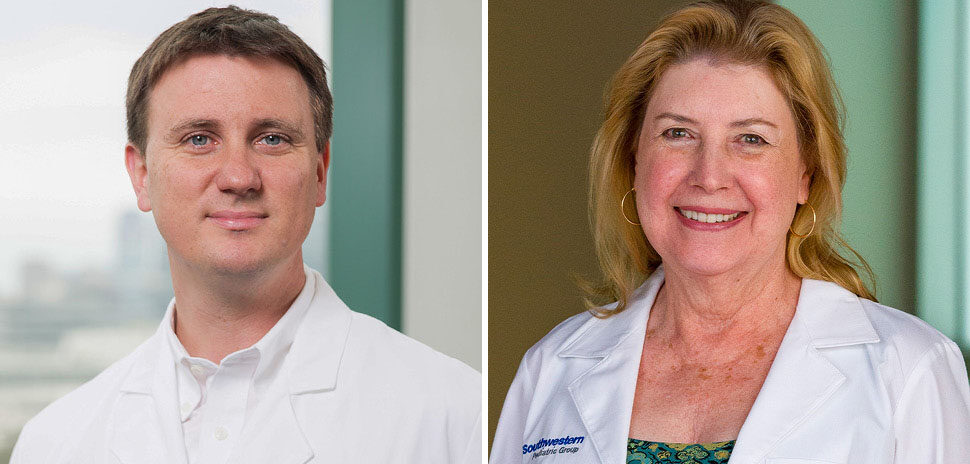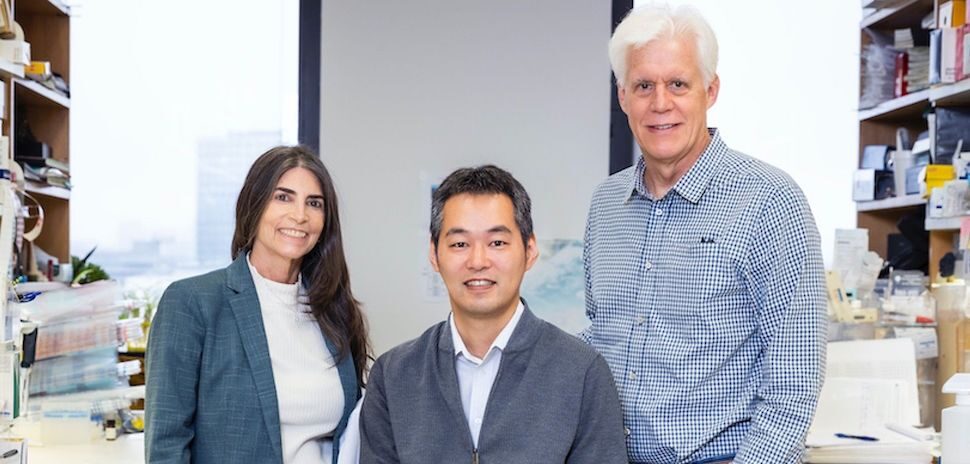Dallas-based clinical-stage gene therapy company Taysha Gene Therapies has received private placement financing of roughly $150 million to support the development of gene therapies for the treatment of rare neurological diseases, including Rett syndrome.
Taysha uses machine learning to develop gene therapies for diseases of the central nervous system.

Sean Nolan
The company said the securities purchase agreement is expected to extend its cash runway into the third quarter of 2025.
The funding was led by new investor RA Capital Management, with participation from a large institutional investor, PBM Capital, RTW Investments LP, Venrock Healthcare Capital Partners, TCGX, Acuta Capital Partners, Kynam Capital Management LP, Octagon Capital, Invus, GordonMD Global Investments LP, and B Group Capital.
“We’re pleased by the support from this prestigious group of new and existing investors, which we believe highlights the enthusiasm of the early clinical readout of the first patient treated in our REVEAL trial and reinforces the potential of gene therapy to transform the lives of patients suffering from devastating diseases,” Taysha Chairman and CEO Sean Nolan said in a statement.
Nolan replaced Taysha’s founder, RA Session II, as CEO in December.
Nolan said the company expects the funding will primarily support the clinical development of TSHA-102 in Rett syndrome and provide support for TSHA-102 program activities.
Rett syndrome occurs primarily in girls
A rare genetic neurological disorder that occurs primarily in girls, Rett syndrome leads to severe impairments. Rett affects speech, purposeful hand use, and coordination, leaving individuals understanding more than they can communicate. Caused by a gene mutation, Rett is first recognized in infancy.
A growing number of males with Rett are now being identified, however.
“With this capital infusion, we believe we are well positioned to continue to execute across key program milestones,” Nolan said.
Taysha also reported encouraging treatment results from dosing its first adult Rett syndrome patient.
Taysha’s principal investigator Elsa Rossignol reported that the patient was able to “sit unassisted for the first time in over a decade, and she demonstrated the ability to unclasp her hands and hold an object steadily for the first time since infancy.”
Taysha said that before treatment with its TSHA-102 drug, the patient had limited body movement, required constant back support, and lost her motor function early in childhood.
Jefferies is acting as exclusive placement agent in the private placement, Taysha said.
![]()
Get on the list.
Dallas Innovates, every day.
Sign up to keep your eye on what’s new and next in Dallas-Fort Worth, every day.

![R.A. Session II, president, CEO, and founder of Taysha Gene Therapies [Background image: Olena Yepifanova via iStock]](https://s24806.pcdn.co/wp-content/uploads/2020/04/TayshaGene-Session-970-1.jpg)


























